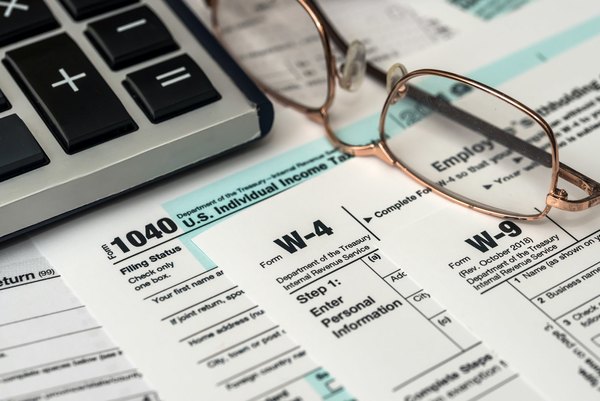Owning a home is exciting, but when it comes to paying the property taxes, you may quickly change your mind. While they are a necessity as the funds keep your community thriving and your local officers and public facilities running, property taxes can get out of hand if left unchecked. This is why it's important to know how you can get a property tax reduction.
Between tax exemptions, tax appeals, and minimizing your home renovations, you may be able to lower your property taxes in a few simple steps.
Here are the top 8 ways to get your property taxes as low as possible.
Check your Home Assessment Report
Your tax assessor will give your property an assessed value. This is the amount you’re taxed on and it’s different from your home’s fair market value or the amount you could ask for the home if you sold it.
Look closely at your tax assessment. Is it accurate? Look at the property’s square footage, number of bedrooms, number of bathrooms, and other features mentioned in the report. If anything is inaccurate and inflates your property taxes, talk to your tax assessor. It may just take a conversation and proof of what’s incorrect on the report to get a property tax deduction.
Look at your Neighbors’ Tax Bills
It may seem nosy, but real estate taxes are public record. If you think you’re paying taxes higher than your neighbor, you have the right to know. Most counties today have their assessed values online. Head to your county’s tax assessor website and search by property address to find out how much your neighbors pay in real estate taxes.
If you find homes with the same square footage and features as your home, yet they pay less, contact your local tax assessor. Inquire about the difference and if they don’t work with you, consider filing an official tax appeal.
File a Tax Appeal
A tax appeal is a formal process that may require the assistance of a lawyer. Many lawyers who fight real estate taxes don’t require a retainer and don’t charge you anything if they don’t win. If they do win, though, they’ll take a percentage of the savings as their fee.
To file a tax appeal, you’ll need as much information about your property and neighboring properties as possible. During this formal request, you must provide proof of why you’re requesting the assessor to reduce your property’s assessed value. A lawyer experienced in lowering property taxes in your area will be a great resource.
Look for Tax Exemptions
Every county has different exemptions it offers. Always check with your local assessor to determine what tax exemptions they offer to determine if you qualify. For example, if you qualify for a homestead exemption or an exemption for seniors or veterans, you must ‘opt in’ to the exemption to lower your property taxes.
It’s usually a matter of checking a box and providing proof of eligibility – your age (seniors) or veteran status if you served in the military. The homestead exemption just affirms the property is your primary residence to get the discount.
Watch out for Add-ons that Increase your Property Taxes
Look closely at your home’s features. If you have a shed, pool, or greenhouse, it may increase your property’s taxable value. Check with your county assessor to see if they include separate buildings in the square footage. If they do, consider alternatives for your garden or storing your tools so you can lower your property tax bill by removing the extra structures.
Don’t Increase your Home’s Value
If you don’t want your property taxes to increase, don’t renovate your home. Some renovations may be necessary, but things like a pool, extending the garage, or even adding a large shed can make a big difference in your property’s assessed value.
If you’re contemplating renovations or additions, talk to your assessor or local tax department to see how it may affect your taxes. You may decide the increase in real estate taxes isn’t worth the upgrade.
Be Present for the Tax Assessment
When your tax assessor walks your property, be there with them. When they walk the property themselves, they look for the ‘good’ things about the home. They don’t notice the cracked foundation, old roof, or outdated appliances that could help bring your value down.
Rather than letting the assessor walk through alone, point out both the good and bad things about your property to help reduce its assessed value and to ensure the assessed value is fair so you can decrease your property taxes.
Check your Property Tax Bill Every Year
Each year when you get a new property tax bill, or even before you get it, check your property’s assessed value. The earlier you check the tax assessment, the more time you have to fix errors, fight the value, or find ways to decrease your property taxes.
Bottom Line
We all have to pay property taxes – it’s a part of owning a home, but that doesn’t mean you should overpay. Your tax bills should be a fair representation of your property’s assessed value and should be in line with the home assessments in your area.
Stay on top of the homestead exemptions, find out what other exemptions you may qualify for, and get your property tax bill as low as possible. Knowing how to get a property tax reduction is a simple way to make homeownership less expensive.







